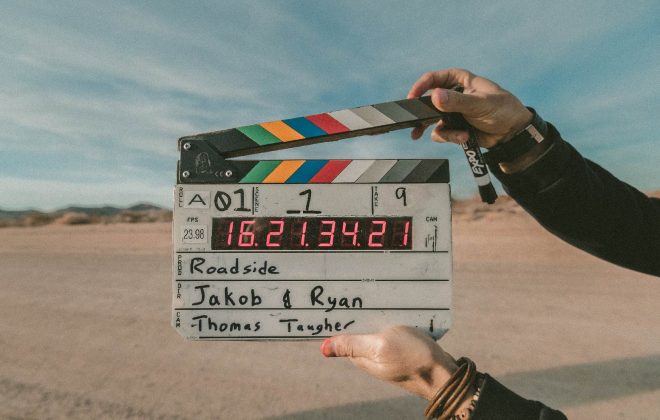Are your Visitors Traveling Fast or Traveling Slow? That Is The Questions…

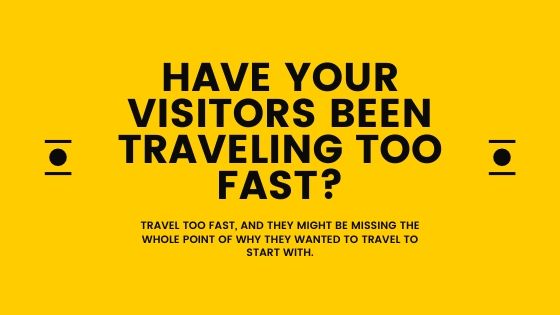
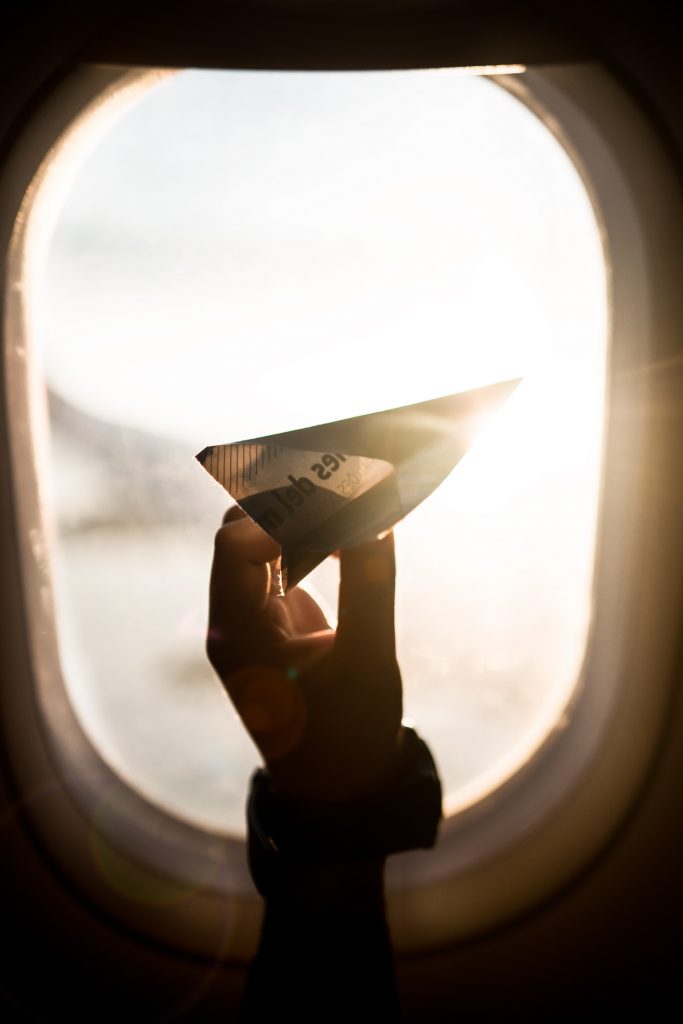
Photo by Sebastián León Prado on Unsplash 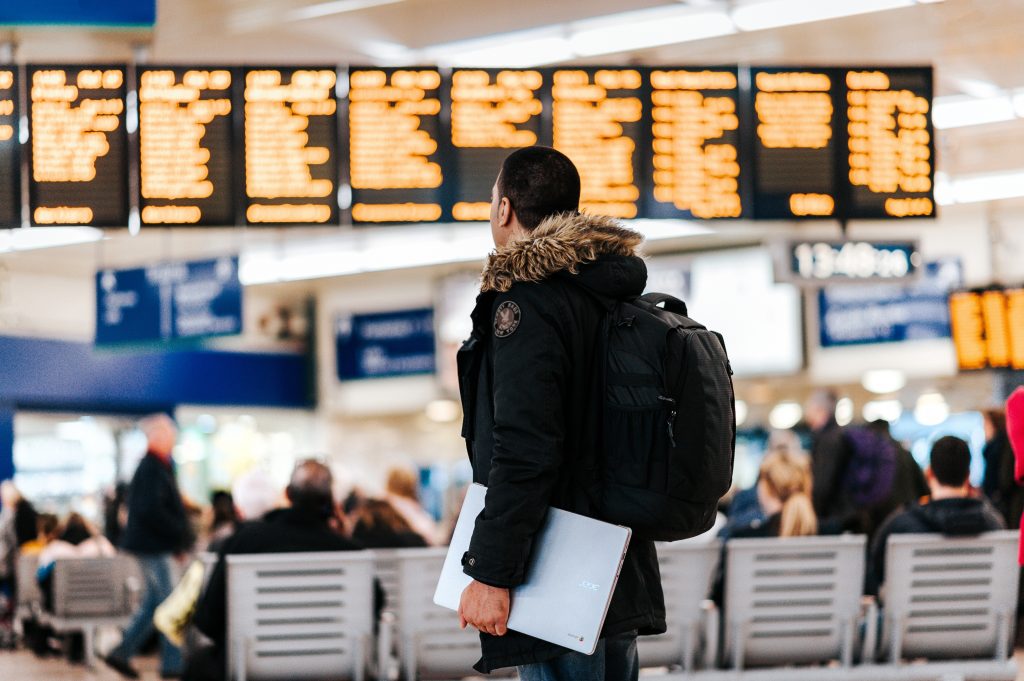
Photo by Anete Lūsiņa on Unsplash
In 1995, the Internet had only 16 million of users, in 2016 it increased to 3,429 million, in 2019 it has incredibly reached 4,388 million of users worldwide. China, India, and the United States are the countries were Internet has grown the most and provides more data. Currently, Google processes more than 40,000 searches every second, people send 16 million of text messages every minute, there are 95 million of photos and videos shared on Instagram every day, and Spotify adds approximately 14.6 million songs in a year. With so much information received on a daily life basis and the idea that everything must be fast or immediate because “life is short,” tourism has adapted to a philosophy that takes traveling at a slower pace, which can make our trips more comfortable and more enjoyable.
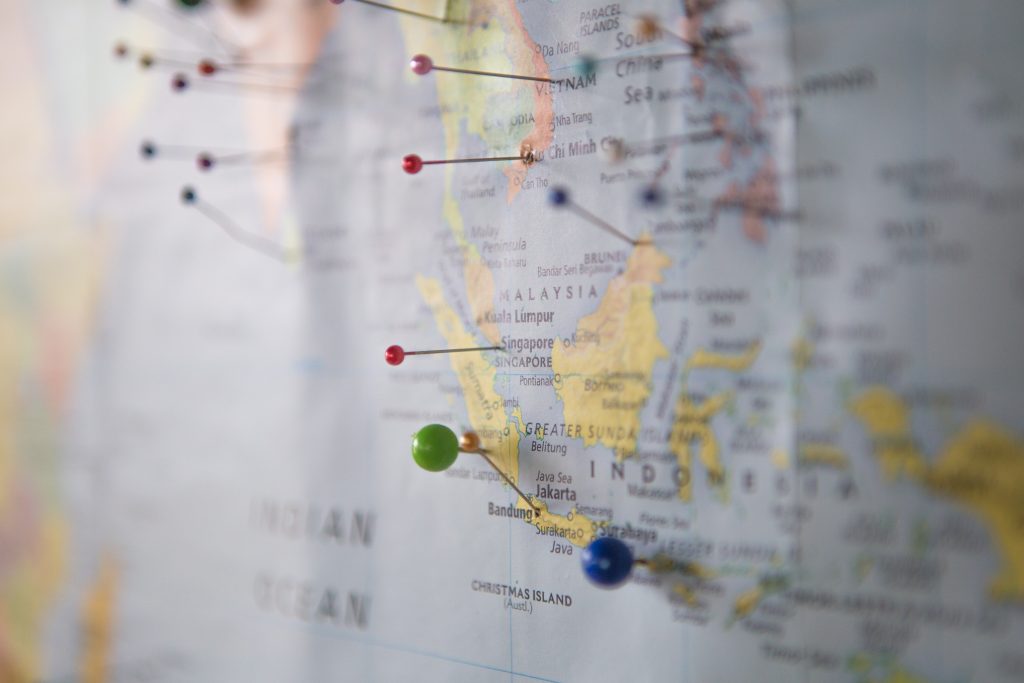
Slow tourism comes from the “Slow Movement” that started in 1986 when Carlo Petrini protested against the opening of a McDonald’s in Rome, and a few years later, the Slow Food movement started. The concept of time has changed in this Digital Era we live in today. People have the notion that fast is better and rewards speed. We have seen the implication that living fast has left in our world, and we have found ourselves in a position for change. We need to think about traveling slow, unfortunately thinking about doing things “slow” is a hard concept to grasp these days.
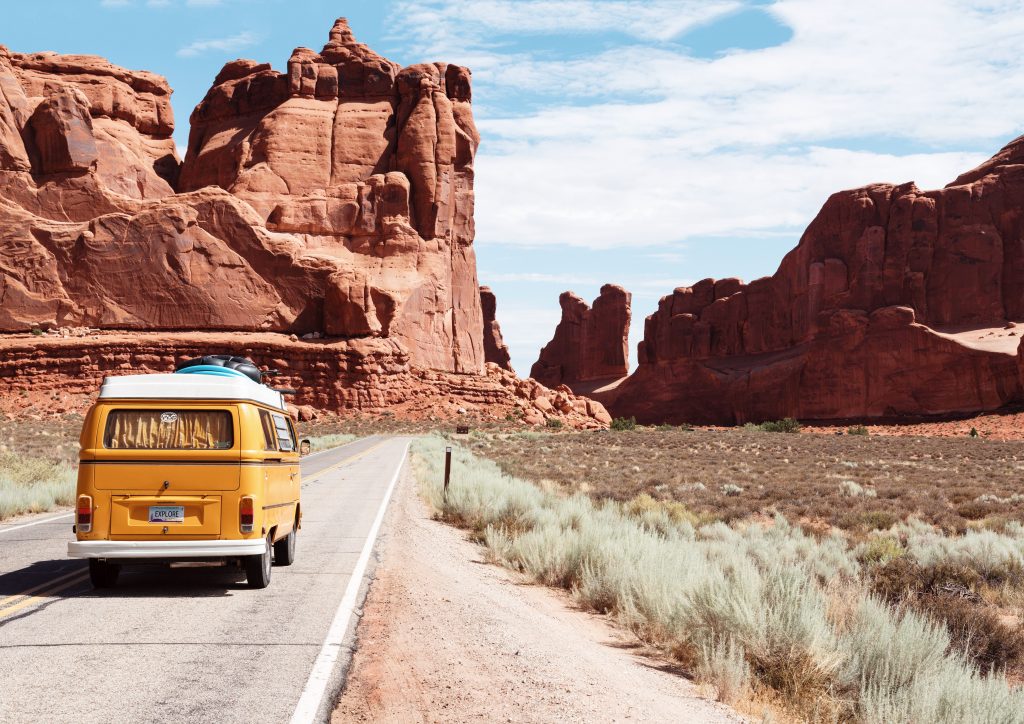
The Slow Movement consists of taking a minute to challenge the increasingly faster global activities, which means to get more conscious about life, our surroundings, thoughts, and feelings. Applying the “Slow” concept to traveling would make it more about connecting ourselves and to nature, to cultures, to appreciate “赏” and immerse our selves in the full experience of traveling.
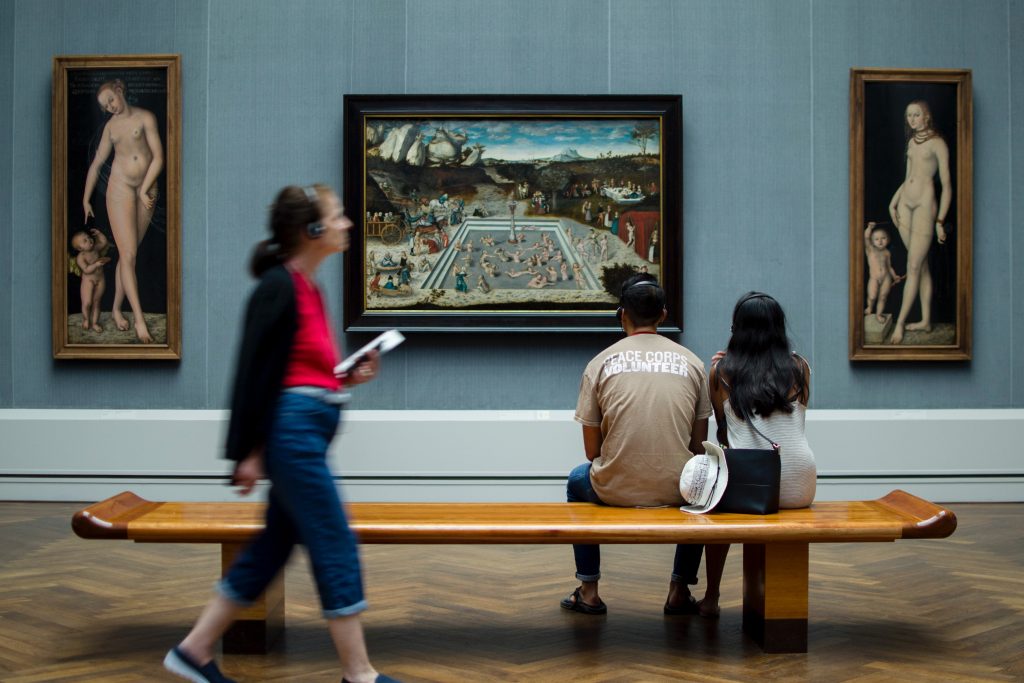
As the world has started to shift towards “Slow,” we have applied this concept to many things, “slow money,” “slow education,” “slow design,” “slow fashion,” and “slow travel.” These concepts are related to detaching from a state of mind in which we have to consume life in a hurry because we all know that dashing around in constant distractions is an excellent way to avoid more profound, unresolved questions we all have on the inside.
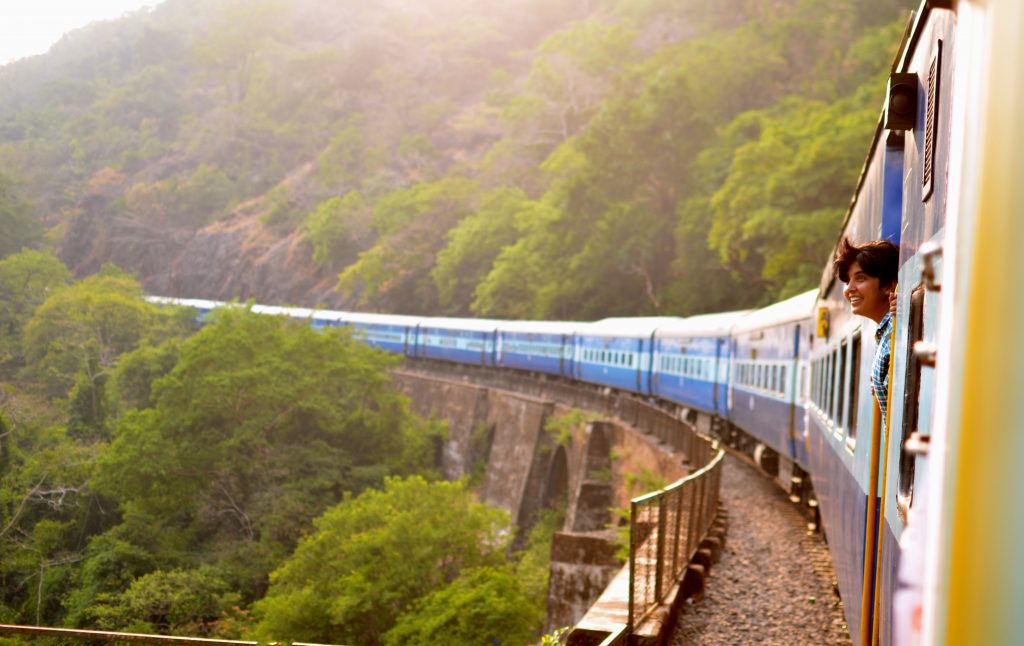
Slow tourism, or slow travel, is about going in our rhythm in the context of traveling and exploring a place, which means to do things at the right speed and seek quality over quantity. Traveling at a slower pace allows us to get immersed in the locations, the food, the people, and culture. The point is to spend time wisely instead of running from one spot to the other, to ride a bike or walk to explore intensely each destination instead of taking a flight or a bus to check the list of “must-see places” found on the Internet. Another way of practicing this philosophy is to stay in the same place for a week or more, use vacation rentals, or even doing a home exchange, which could make the experience much more exciting and different than staying in a hotel. This way of traveling is not only good for relaxing, planning, and kinder to our budget, but also for the environment since it is often associated as a form of lowering greenhouse gas emissions.
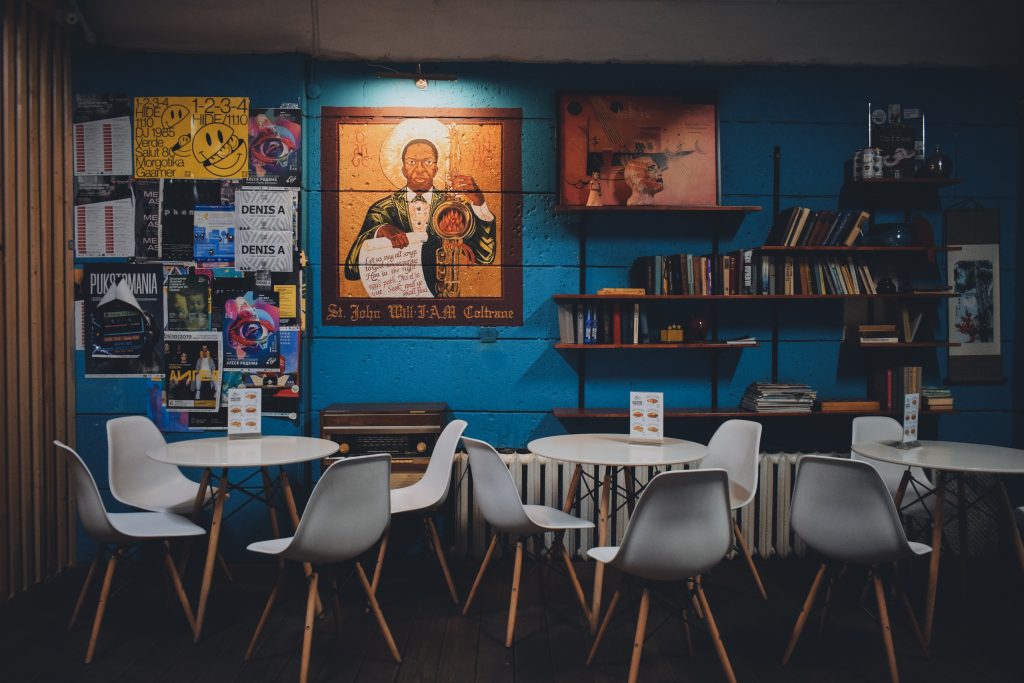
Europe being the popular destination that it is best known for slow travelers. Shake to Win has seen the potential of slow tourism in Europe, and we have partnered with partners from The Netherlands, Belgium, France, Spain, Italy because, in these culturally rich countries, there is so much more to explore than the main attractions. If we seek a bit dipper if we take time to explore, we might see the benefits of traveling slow. We might be able to make it to an extraordinary restaurant with authentic food passed down to three generations in one family or arrive in a place where nature can take our breath away. At Shake to Win we strive to help the Independent Chinese Traveler discover the wonders of traveling slow breaching the language barriers and connecting the world one experience at the time.
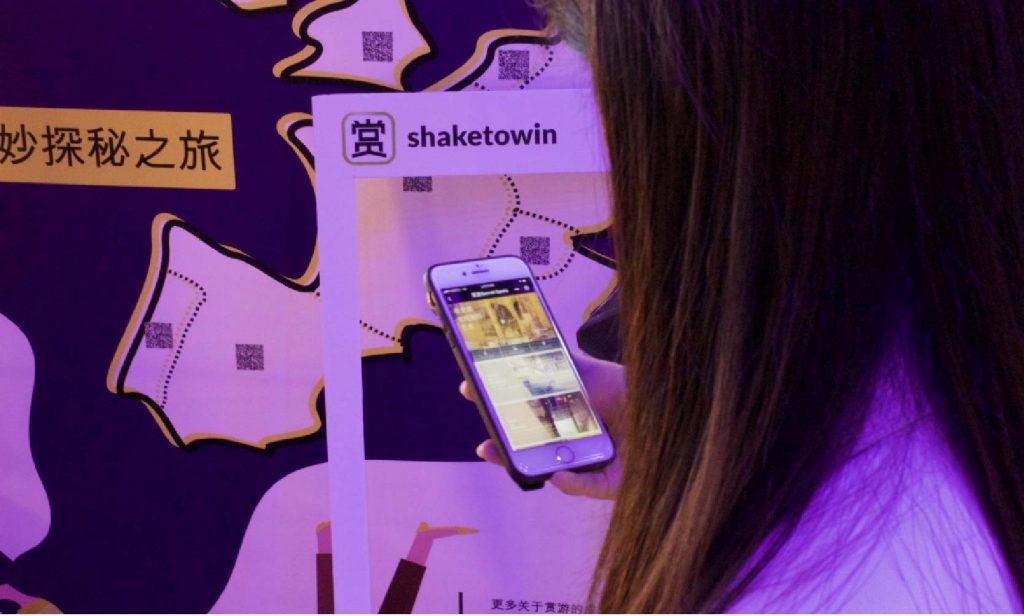
If you want to learn more about other topics related to tourism, culture, technology or our product launch, please visit https://www.shaketowin.net/news/.

